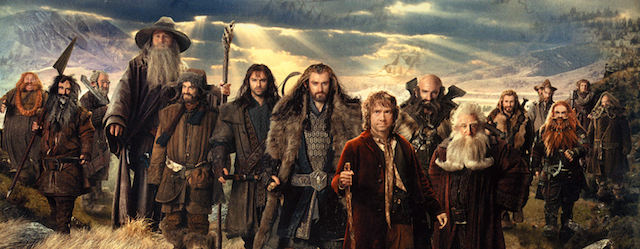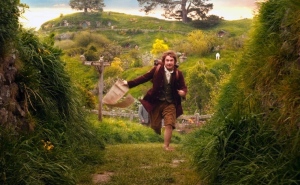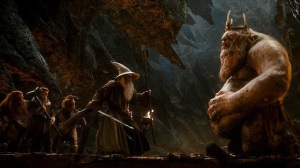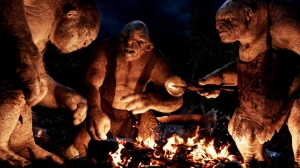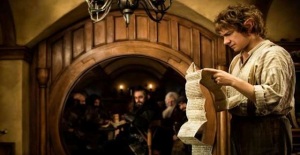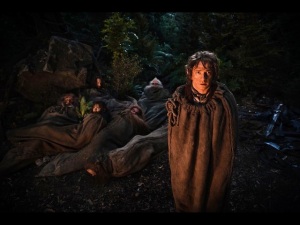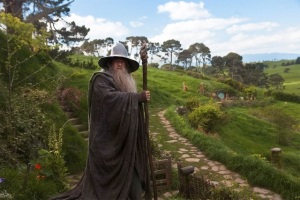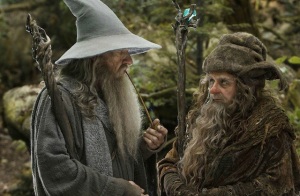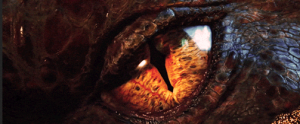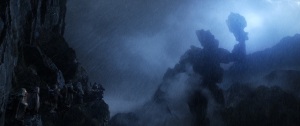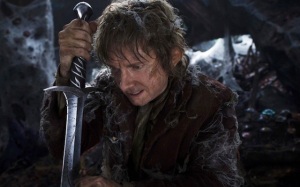 Hey-hey, everybody! Happy belated February, one and all. It's been a hectic one over on my end, but for celebratory reasons. After months on the hunt, I've finally locked down a job, so the lights at my humble abode will remain on for the foreseeable future. Theoretically, anyway -the electricity bill is going to take a nosedive, as my new gig is mostly night work. It's got really good pay, with some really bad hours, but it'll free me up to write more extensive features during the daytime. Already cooking is my previously mentioned Oscars guide, as well as an opinion piece on Netflix's recent entrance into the heavyweight division of TV programming. Here's some stuff to tide you over until then:
Hey-hey, everybody! Happy belated February, one and all. It's been a hectic one over on my end, but for celebratory reasons. After months on the hunt, I've finally locked down a job, so the lights at my humble abode will remain on for the foreseeable future. Theoretically, anyway -the electricity bill is going to take a nosedive, as my new gig is mostly night work. It's got really good pay, with some really bad hours, but it'll free me up to write more extensive features during the daytime. Already cooking is my previously mentioned Oscars guide, as well as an opinion piece on Netflix's recent entrance into the heavyweight division of TV programming. Here's some stuff to tide you over until then:
-Old business first: Not one, but two Arrow reviews. Don't I just spoil you?
-New business: I reviewed the pilot for The Americans, a very promising new show on FX that can be best summed up as Cold War-era Homeland. As with Showtime's twisty conspiracy drama, I'm waiting for this one to go off a cliff at any moment, but through two episodes, it's been terrific. If nothing else, watch the first ten minutes of the pilot, which is fantastic, and might make a Fleetwood Mac song your new pump-up jam.
-Off my mind: I like having this blog because it lets me write pieces that don't really belong on other websites. For instance, I recently decided to take on The Shield as my next big TV drama, and wrote my thoughts on it through two seasons a couple weeks back. Ditto for my not-review-but-still-kinda-review-sounding think-piece for The Hobbit: An Unexpected Journey, which was supposed to only run a few hundred words, but quickly took on a life (and length) of its own. See, Peter Jackson: you're not the only one who can turn a small, simple project into a gigantic, shaggy monstrosity that runs waaaaaaay too long.
That's all for this update, but be sure to check back regularly, or subscribe to the site. As always, you can see an orderly list of my recent published work by checking out http://wegotthiscovered.com/author/sam-woolf/

